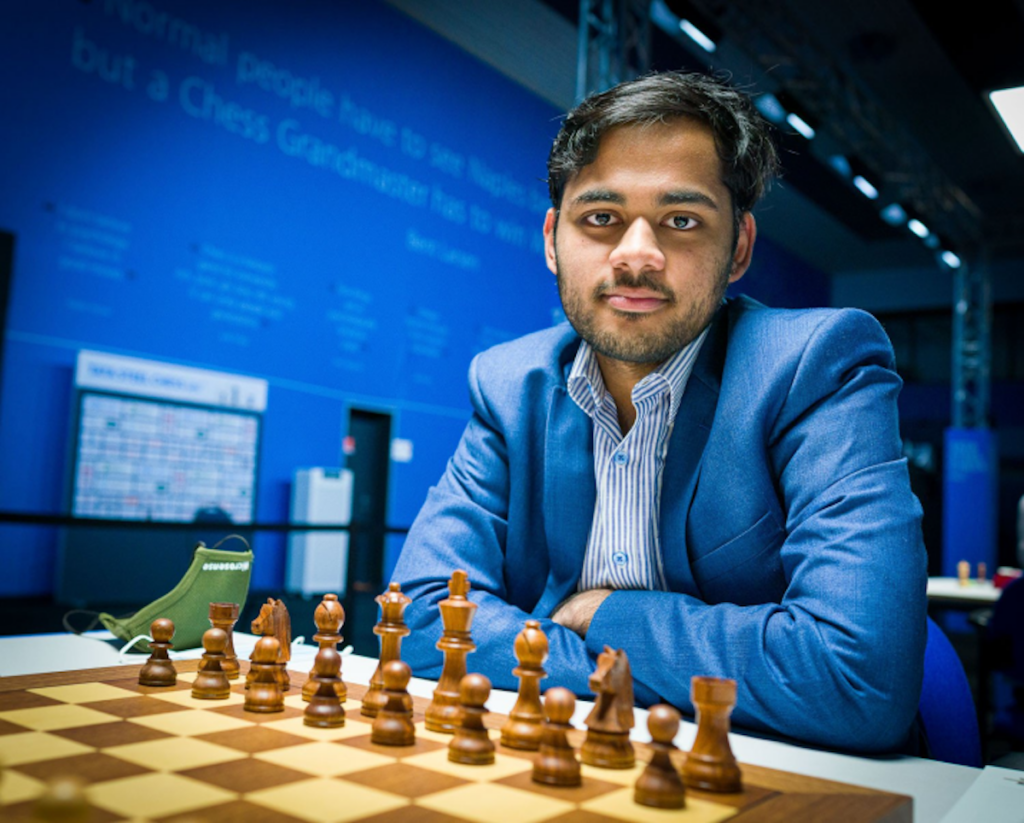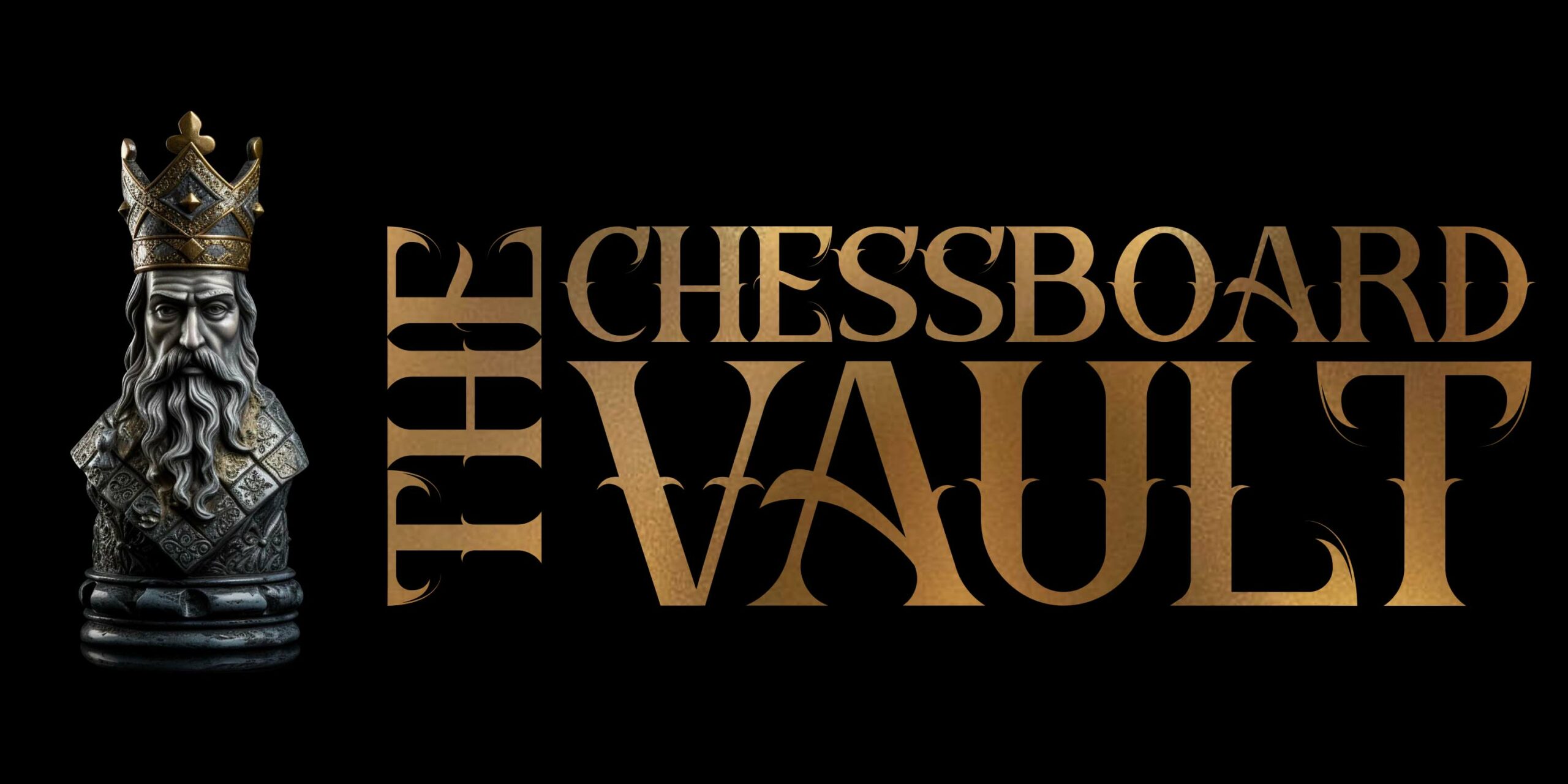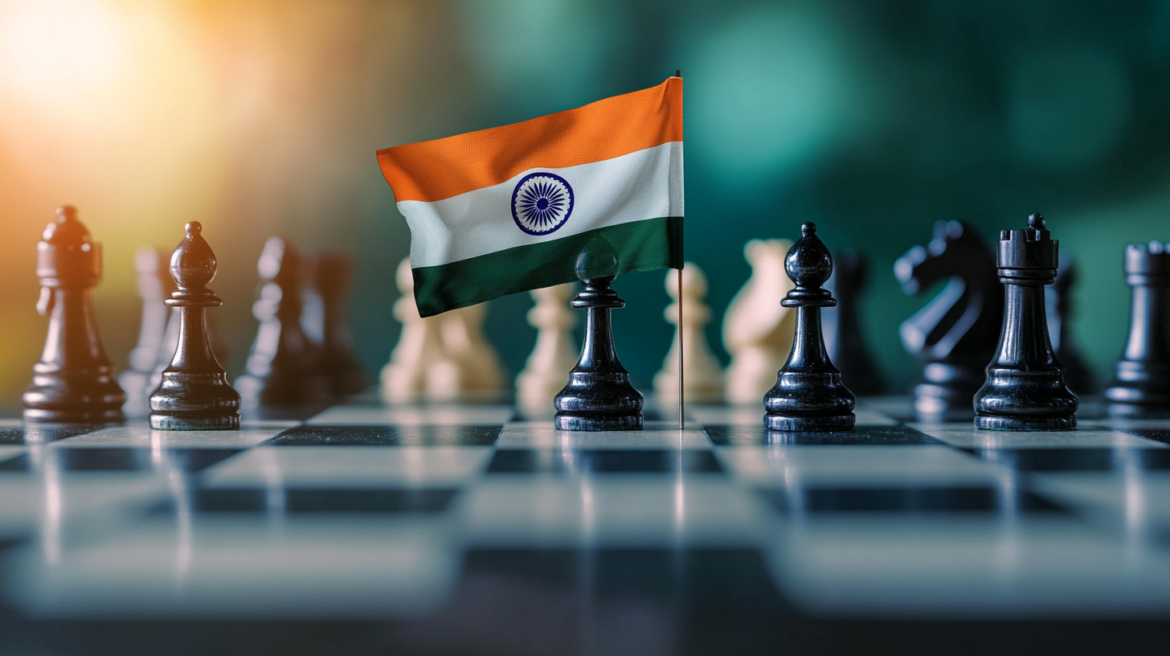Chess, a game of strategy and intellect, has deep roots in Indian culture, believed to have originated as chaturanga over 1,500 years ago. From the courtyards of ancient kings to today’s global chessboard, India’s connection to the game remains undeniable. Yet, it wasn’t until a few decades ago that the country began to truly make its mark on the international chess stage, thanks to the emergence of legendary Indian chess players who redefined the sport for a new generation.
At the forefront of this transformation is Viswanathan Anand, a grandmaster whose influence transcends titles and accolades. Often referred to as the “Tiger of Madras”, Anand’s meteoric rise in the 1990s put India on the global chess map, inspiring a generation of young talents to take up the mantle. His intuitive playstyle, calm demeanor, and ability to outwit opponents with effortless precision made him a household name not just in India but across the world.
But Anand’s story is only the beginning. The last decade has seen the emergence of a new wave of Indian chess prodigies who are rapidly climbing the global rankings. R. Praggnanandhaa, Arjun Erigaisi, and Nihal Sarin are just a few of the young stars redefining the sport with their brilliance. Meanwhile, pioneering female players like Koneru Humpy and Harika Dronavalli continue to push boundaries, proving that Indian chess is no longer a one-man show.
India’s chess renaissance is here, and it’s thrilling to watch a nation reclaim its rightful place at the heart of a game it once gave to the world. Who are the best Indian chess players of all time?
1. Viswanathan Anand
Viswanathan Anand, often referred to as the “Tiger of Madras,” is widely regarded as one of the greatest chess players of all time. Born on December 11, 1969, in Chennai, India, Anand’s journey to chess stardom began at a young age when his mother introduced him to the game. His natural aptitude for the sport quickly became apparent, and by the age of 15, he had become India’s youngest International Master. Anand’s rapid playstyle, earning him the nickname “Lightning Kid,” set him apart in an era dominated by methodical, slower strategies.

Anand’s playing style has been marked by his exceptional ability to remain calm under pressure, combined with a deep understanding of the game’s dynamics. His unique blend of tactical brilliance and positional mastery allowed him to play both aggressively and defensively, adapting seamlessly to any situation. This versatility made him a formidable opponent on the international stage, where he consistently outmaneuvered grandmasters with ease. One of his greatest assets was his mental resilience, which allowed him to recover from tough losses and maintain a high level of play over an extended period.
A key moment in Anand’s career came in 2000 when he won his first FIDE World Chess Championship, becoming the first Indian to achieve this milestone. However, it was his victory in 2007, when he became the undisputed World Chess Champion, that truly cemented his legacy. Anand successfully defended his title in 2008, 2010, and 2012, showcasing his ability to thrive under immense pressure and dominate the chess world for several years.
Anand’s impact on Indian chess has been transformative. Before his rise, chess was a relatively niche sport in India. His success inspired an entire generation of young players and sparked a chess revolution in the country. Today, India boasts a thriving chess community, with numerous grandmasters and rising stars, many of whom cite Anand as their primary inspiration.
Beyond his achievements, Anand’s humility and sportsmanship have earned him widespread admiration. He has been a role model both on and off the chessboard, receiving numerous awards, including the Padma Vibhushan, India’s second-highest civilian honor.
Viswanathan Anand’s contribution to chess, both in India and globally, is immeasurable. His unique playing style, mental toughness, and consistent excellence over decades have ensured that his name will be remembered as one of the greatest in the history of the game.
2. Rameshbabu Praggnanandhaa
Rameshbabu Praggnanandhaa, often regarded as one of the most promising young talents in the chess world, has experienced a meteoric rise that reflects the changing dynamics of Indian chess. Born on August 10, 2005, Praggnanandhaa became the youngest International Master at the age of 10, and by the time he was 12, he had earned the prestigious title of Grandmaster, becoming one of the youngest in history to achieve this feat. His early accomplishments are a testament to both his immense talent and the growing infrastructure of chess in India, which has produced a surge of young prodigies in recent years.
Praggnanandhaa’s unique style of play combines deep tactical awareness with a calm and calculated approach, traits that have allowed him to go toe-to-toe with some of the world’s best players. His ability to remain unfazed in high-pressure situations, especially at such a young age, is what sets him apart from many of his peers.
One of the most notable moments in his career came in 2022, when he defeated the reigning World Chess Champion, Magnus Carlsen, during the Airthings Masters online rapid tournament. This victory not only made headlines around the world but also signaled that Praggnanandhaa was capable of challenging the very best. His cool, calculated handling of Carlsen’s complex positions demonstrated his deep understanding of the game. Later in 2023, Praggnanandhaa went on to face Carlsen again in the FIDE Chess World Cup final, where he finished as runner-up, further solidifying his position as a top contender on the global stage.
This recent game against Carlsen at the Norwy chess is impressive
What makes Praggnanandhaa’s rise even more remarkable is how his achievements mirror the evolving landscape of Indian chess. Once dominated by the legendary Viswanathan Anand, the chess scene in India has now seen an explosion of young talents, many of whom have drawn inspiration from Anand’s success. Praggnanandhaa stands out not just for his age, but for his consistent ability to perform under pressure and win against seasoned veterans.
His journey highlights the shift in Indian chess from being a niche pursuit to a national movement, with more resources, training programs, and international exposure for young players. Praggnanandhaa’s continued growth as a player promises to keep him in the spotlight as he challenges the chess elite and pushes the boundaries of what is possible for young chess prodigies.
3. Arjun Erigaisi
Arjun Erigaisi’s rapid ascent in the international chess scene has captured the attention of the chess world. Born in 2003, Erigaisi quickly rose through the ranks to become one of India’s top players, earning the title of Grandmaster in 2018. What truly sets him apart, however, is his exceptional performance in fast formats like rapid and blitz chess, where his tactical sharpness and speed of calculation have consistently outclassed many of his competitors.
One of Erigaisi’s key strengths is his ability to handle complex positions under time pressure. In rapid and blitz chess, where players have only minutes to make crucial decisions, Erigaisi has demonstrated a remarkable capacity to maintain his composure, making quick yet highly accurate moves. His keen tactical vision allows him to spot opportunities that many players miss, leading to sharp, unexpected attacks that put his opponents on the back foot.

Another factor that sets Erigaisi apart is his versatile opening repertoire. Whether playing as white or black, he is able to adapt his openings to suit both aggressive and positional play. This flexibility in style allows him to dictate the tempo of the game, often catching opponents off-guard in the fast-paced formats. His deep knowledge of opening theory, combined with his ability to switch between solid and aggressive strategies, has made him a formidable force in rapid and blitz tournaments.
Erigaisi’s performances in prestigious events, such as the Tata Steel Chess Tournament and the Chess.com Global Championship, have showcased his immense potential. His consistent victories against higher-rated opponents in these formats highlight not only his skill but also his mental resilience in high-pressure situations. He has beaten some of the top names in chess, proving that he can compete with the very best.
Looking forward, Erigaisi’s rapid ascent and unique skill set position him as a serious contender for becoming a future world champion. His ability to excel in both fast formats and classical chess, combined with his dedication to improving his game, suggests that he is not far from joining the elite ranks of the chess world. As he continues to refine his skills and gain more experience, many see him as one of the key figures in the future of Indian and global chess.
With his tactical acumen, adaptability, and impressive record in fast formats, Arjun Erigaisi has all the ingredients to challenge for the world title in the years to come. His rise signals a bright future, both for him and for the new generation of Indian chess players he represents.
4. Dommamaraju Gukesh
Dommamaraju Gukesh, widely known as D. Gukesh, has carved a name for himself as one of the youngest Grandmasters in chess history, achieving the title at the age of 12 years, 7 months, and 17 days in 2019. His extraordinary journey began in Chennai, a city known for producing some of India’s finest chess talent, and his rise to stardom reflects both his personal brilliance and the growing strength of India’s chess infrastructure.
From an early age, Gukesh showed exceptional promise. His innate ability to grasp complex positions and his relentless pursuit of excellence enabled him to rise through the ranks at an astonishing pace. Under the guidance of experienced coaches and backed by a solid support system from his family and the Indian chess community, Gukesh’s rapid development became a symbol of India’s evolving chess scene. The support of initiatives like Chess in Schools and access to advanced training resources helped foster his growth, showcasing how India’s chess ecosystem has matured to rival the best in the world.
One of the defining characteristics of D. Gukesh’s playing style is his aggressive approach to the game. He is known for his fearless attitude, often diving into sharp, complex positions where many players might shy away. This boldness, paired with his deep understanding of tactics and strategy, has led to memorable victories against seasoned players far beyond his years. Gukesh’s play is not only about calculated risks but also about a remarkable ability to maintain composure under pressure—traits that often define the greatest chess champions.
His rapid ascent has been marked by notable achievements, including winning the U-12 World Youth Chess Championship and dominating various international events. Gukesh’s impressive performance at the 2022 Chess Olympiad, where he led the Indian team to a historic run, further demonstrated his potential to become a world-class player. His consistent ability to outperform much older and more experienced grandmasters has positioned him as one of the brightest young stars on the global stage.
As Gukesh continues to refine his skills and gain exposure to elite competitions, the chess world eagerly anticipates his future impact. His journey represents the next wave of Indian chess, a generation poised to take over from legends like Viswanathan Anand. With his exceptional talent, fierce determination, and the solid backing of India’s burgeoning chess community, D. Gukesh is widely seen as a future contender for the World Chess Championship.
His story is one of not just personal triumph but also a reflection of how far India has come in the chess world. Gukesh’s rise is a testament to the strong foundation that has been built, and his success promises to inspire countless other young talents in India. As he continues to grow, it’s clear that D. Gukesh will play a major role in shaping the future of global chess.

